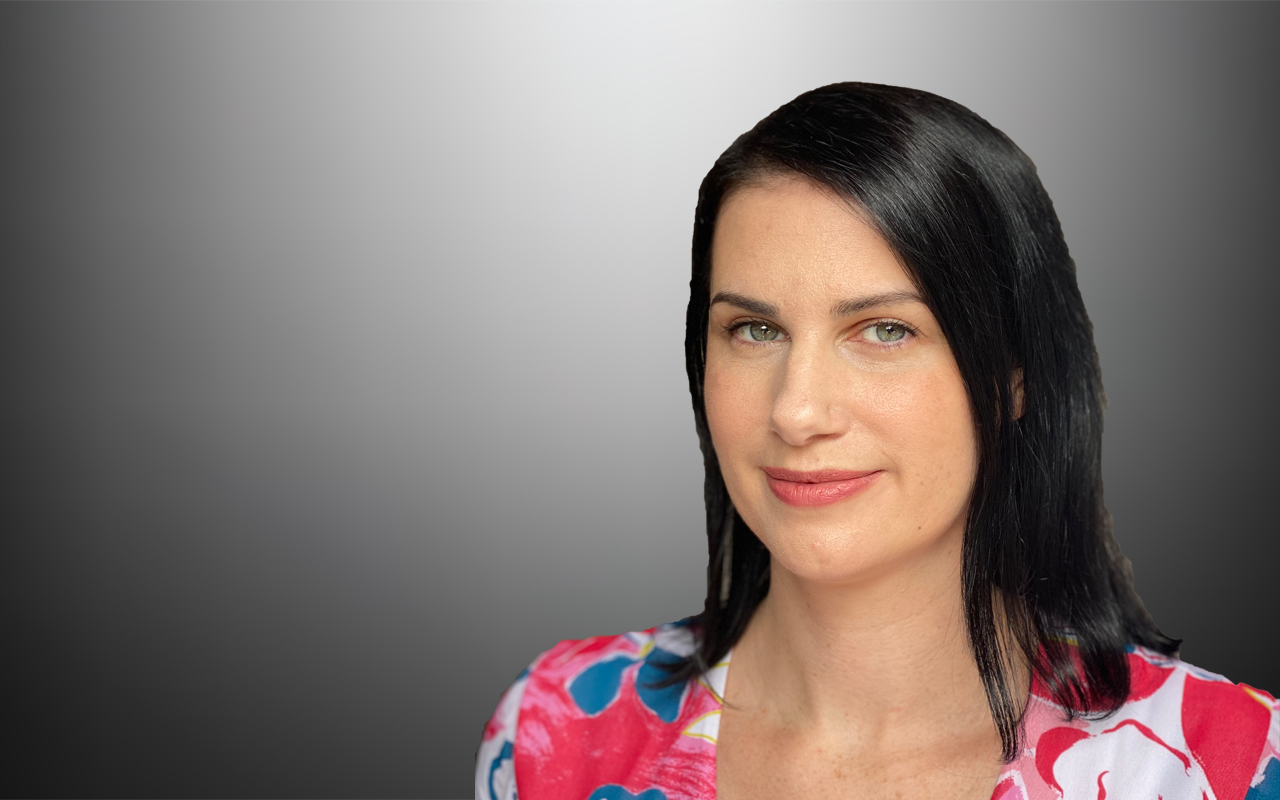2022 has arguably been one of the worst years for primary care in Australia. The twists and turns of the past 12 months were as confusing as they were horrifying.
As GP clinics experienced a funding crisis and many turned to private billing to avoid closure, the Medicare “rorts scandal” was dropped like an atomic bomb in the week before the federal Budget announcement. At this point it was unsurprising that the Budget largely overlooked GPs with no immediate commitment to increasing Medicare rebates.
Propositions abound for how to “fix” the “broken” system of primary care (here and here), and none of them seem to have GPs at the centre of proposed reform, instead offering an ill-informed and alarming redundancy notice to our specialty.
But despite it all, we have survived another year of confusion, chaos and never-ending waves of COVID-19. As the year draws to a close and the New Year lies just around the corner, it is time to steel ourselves for what lies ahead. I propose a short list of New Year’s resolutions to prepare for and survive whatever trials and tribulations 2023 will bring.
Stop feeling personally responsible for a failing system
As the Medicare system crumbles before our very eyes, we are potentially living through the death throes of universal health coverage in Australia – a staggering thought. The large-scale collapse of a very complex and established system cannot be rectified by any GP. It is not your personal responsibility to ensure universal health coverage. It is the responsibility of our health and political leaders.
It is an incredibly sad reality, but a reality nonetheless, that Medicare rebates alone are no longer a financially viable source of revenue for GPs or their clinics. In 2023, we may even wish to consider calling “bulk-billing” what would be a more accurate description of what it is becoming: pro bono work.
It is time to stop waiting for the winds of change to blow in our favour and to take charge of your worth and charge accordingly – the financial barriers this will create for accessing health care needs to be addressed by our government.
Patients who are feeling politically motivated can be referred to their local MP for further advice.
Find a group of like-minded colleagues
When burnout doesn’t quite describe the situation, and you start to feel more like you’ve been chargrilled to a flaming crisp, ensure you have a safe space to vent, laugh, cry, compare notes and find encouragement to keep going.
On difficult days, or between difficult patients, on days when headlines suggest you are a fraudster or your incredibly challenging job is redundant and can be more cost effectively carried out by non-medically trained professionals, make sure you have a sounding board to soften these blows and remember that the work you do is both valuable and invaluable.
Revisit boundaries and do it often
Exercise your “no” muscle frequently, be clear about the time restrains of single consults (I will forever be working on this one, but all one can do is try), be consistent and clear about clinical fees. Ensure all support staff are well versed in said boundaries so they can be reinforced with consistency. A well trained administrative team and nursing staff are worth their weight in gold.
Don’t forget about life outside of work
With no annual leave, sick leave, maternity leave, carer’s leave or personal leave, and an income that is withering with time, it is easy to neglect the importance of breaks, holidays and having days off just because.
Ensure holidays are planned, ideally before the conclusion of your last. Take advantage of being a contractor, have a late morning or early afternoon if you need it – take time off for family, for friends and for yourself.
Next year will without doubt bring its own twists and turns, but we are in this together and with peer support, ensuring basic remuneration and attending to self-care, we will make it through. After all, it can’t be as bad as 2022, right?
Acknowledgements: I would like to thank my wonderful colleagues who shared their own New Year’s resolutions that inspired this article.
Dr Alisha Dorrigan is a Sydney-based GP and Deputy Medical Editor for The Medical Journal of Australia.
The statements or opinions expressed in this article reflect the views of the authors and do not necessarily represent the official policy of the AMA, the MJA or InSight+ unless so stated.
Subscribe to the free InSight+ weekly newsletter here. It is available to all readers, not just registered medical practitioners.
If you would like to submit an article for consideration, send a Word version to mjainsight-editor@ampco.com.au.

 more_vert
more_vert
Sorry Steve.
Seems a lot on mumbo jumbo to me.
Amen to that. And I would add: don’t feel guilty about your boundaries.
Thank you for your “reality check” for GPs. We will only see more of the same if we remain locked into a payment paradigm that was designed for 1970’s. Fee for service has served us well but is in conflict with the model of care for complex chronic disease and multimorbidity which should be a team sport and which is now the lot of the GP in all parts of the world. Additional block and blended payments, co-commissioning, connecting up the health system with data and activating our patients and carers are all needed to keep our system operating at the current standard. Support with change management should also be built in. I have loved my career in General Practice and I want to leave it in a state where the next generation loves it too. It needs to be a high functioning, digitally connected, team sport with the GP leader operating at the top of their license, delivering quality outcomes with the time and the right funding models to do it.